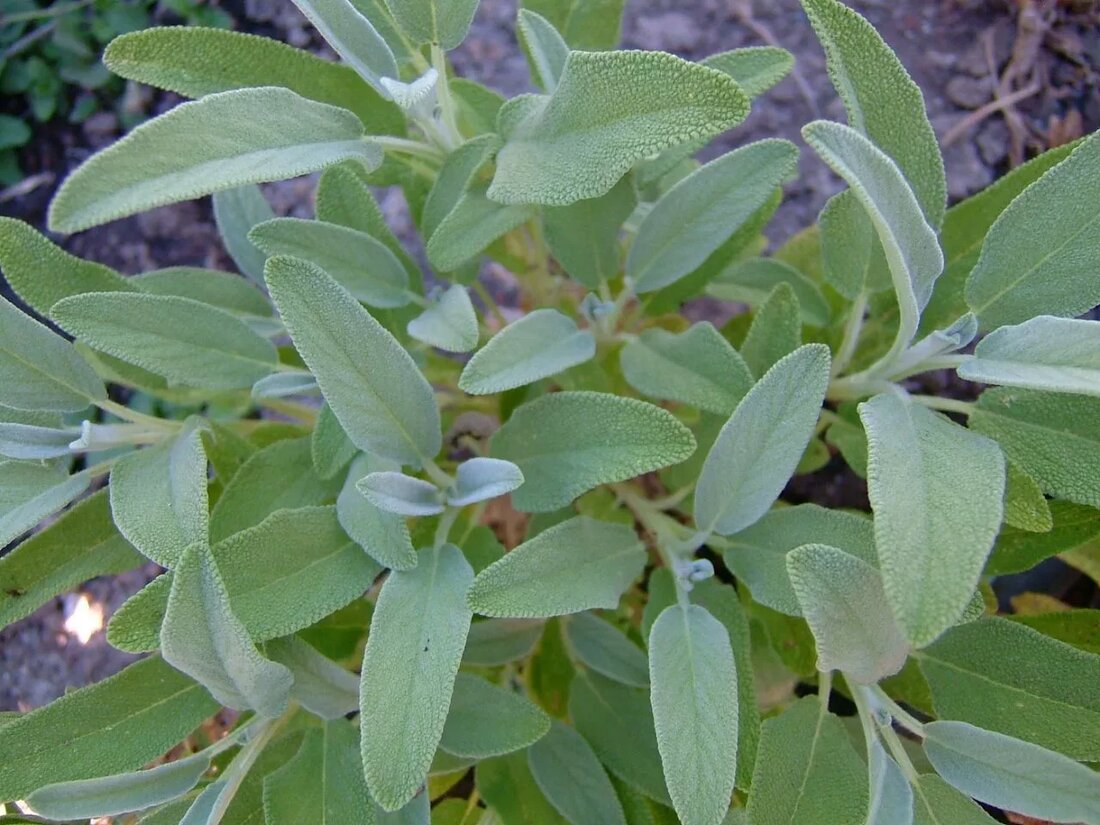Naturally stop the smell of sweat
Today I decided to discuss a very summery but somewhat embarrassing topic: sweat. Carry it with me! Did you know that sweat itself is largely odorless until it is fermented by bacteria? Bacteria thrive in hot, humid and acidic environments and the human axilla or armpit is one of the warmest areas on the surface of the human body. Sweat glands provide the moisture that cools us down in the heat. However, when we wash our armpits, the soaps are washed with pH alkaline soaps, the skin loses its acidity (pH 4.5 – 6) and the pH becomes alkaline, that is, the pH in which...

Naturally stop the smell of sweat
Today I decided to discuss a very summery but somewhat embarrassing topic: sweat. Carry it with me! Did you know that sweat itself is largely odorless until it is fermented by bacteria? Bacteria thrive in hot, humid and acidic environments and the human axilla or armpit is one of the warmest areas on the surface of the human body. Sweat glands provide the moisture that cools us down in the heat. However, when we wash our armpits, the soaps are washed with pH alkaline soaps, the skin loses its acidity (pH 4.5 – 6) and the pH becomes alkaline, that is, the pH in which bacteria thrive. This makes armpits the perfect environment for bacteria to colonize, i.e. the pits. Bacteria feed on sweat from apocrine glands (and dead skin and hair cells, yum) and release 3-methyl-2-hexenoic acid in their waste, which causes our body odor.
Normally, underarm hair keeps moisture away from the skin and helps keep the skin dry enough to prevent or reduce bacterial colonization (the hair is less susceptible to bacterial growth and therefore ideal for preventing bacterial odor), but most women like to keep this area free of hair. What to do with all this bacteria business? Well, deodorant or antiperspirant would be the natural solution, but for those of us who turn to natural, here are some tips for you.
Eating beets and red radish juice daily can reduce body odor, and herbs and plants have long been used as internal deodorizers. The phytonutrients in aromatic plants such as parsley, celery, thyme, oregano, sage and rosemary help cleanse your internal organs of toxins and their consumption ensures a clean smell. A tablespoon of aniseed in your daily diet gives you the same cleansing function. Try making a strong infusion of lovage or sage to use as a deodorant. Apply the lovage or sage infusion to your armpits or add it to your bath water. Apple cider vinegar can be a good natural deodorant - add the apple cider vinegar to some water and place it on your armpit, don't worry - the vinegar smell will disappear in a few minutes. And you will smell sweet as a baby.

 Suche
Suche
 Mein Konto
Mein Konto
